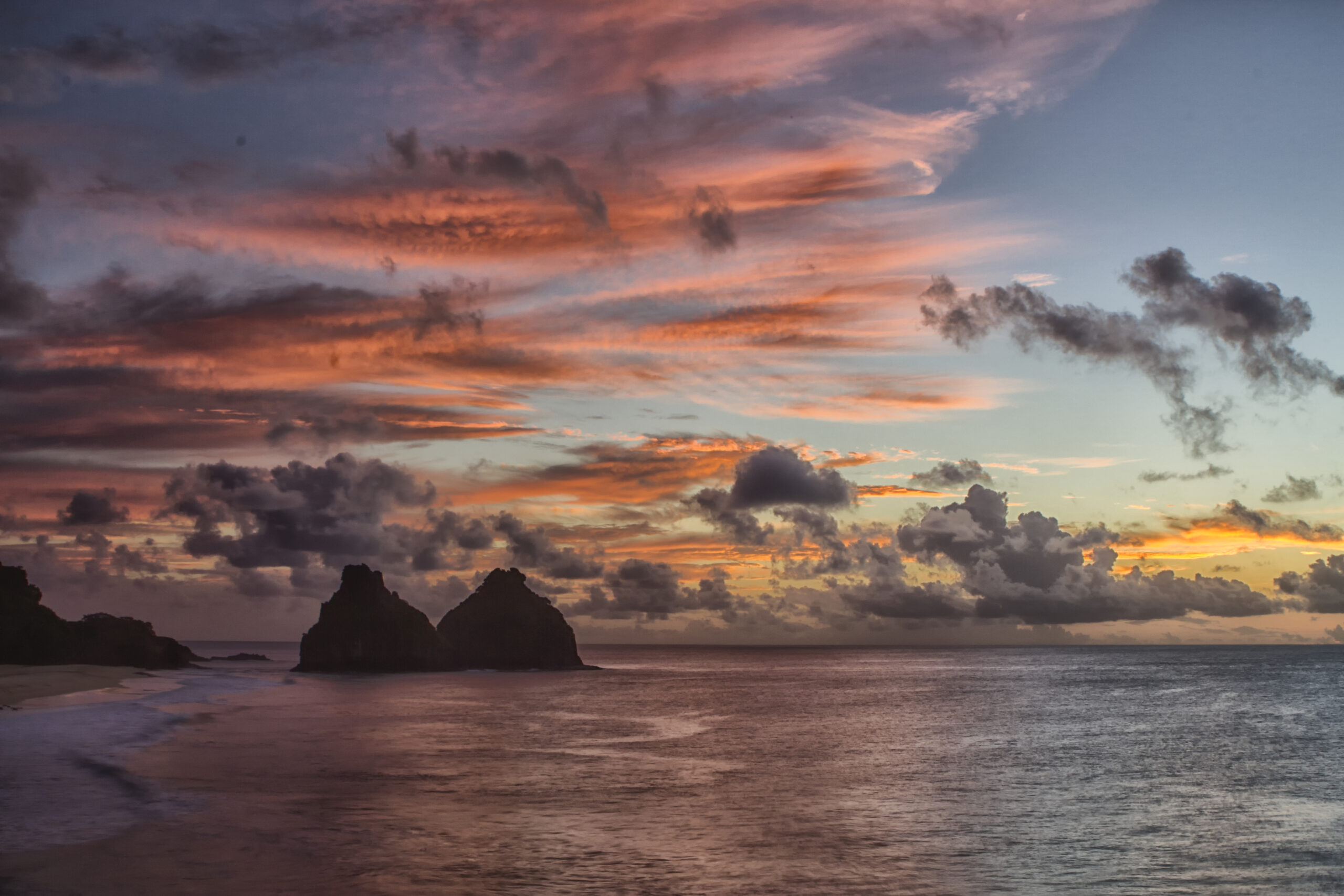September 27th is World Tourism and Tourism Professionals Day. A day when we take the opportunity to reflect on the importance of tourism and how it impacts the world and society.
We, at Gondwana, a tourism company that operates as a Destination Management Company (DMC), understand the responsibility of working in this sector. That’s the reason why we have decided to share more information about the types of tourism in which we are involved.
Many people think that tourism is only about leisure. But the truth is that tourism involves an extensive chain of products and services and has a significant impact on people’s lives. Here at Gondwana, we focus on ensuring that our impact on the world is positive, contributing to initiatives that promote environmental preservation, respect and value traditional communities and local development, and providing incredible experiences for those who visit Brazil through us, of course.
According to the definition of the Brazilian Ministry of Tourism (MTur, 2010), “types of tourism are classified into areas of specific interest that generate travel demands with their own motivations but fall within the dimension and characterization of a particular tourism segment.”
That’s why we have listed below the types of tourism that Gondwana engages with and interacts with, along with their definitions. Check it out!
Content Summary
Ecotourism
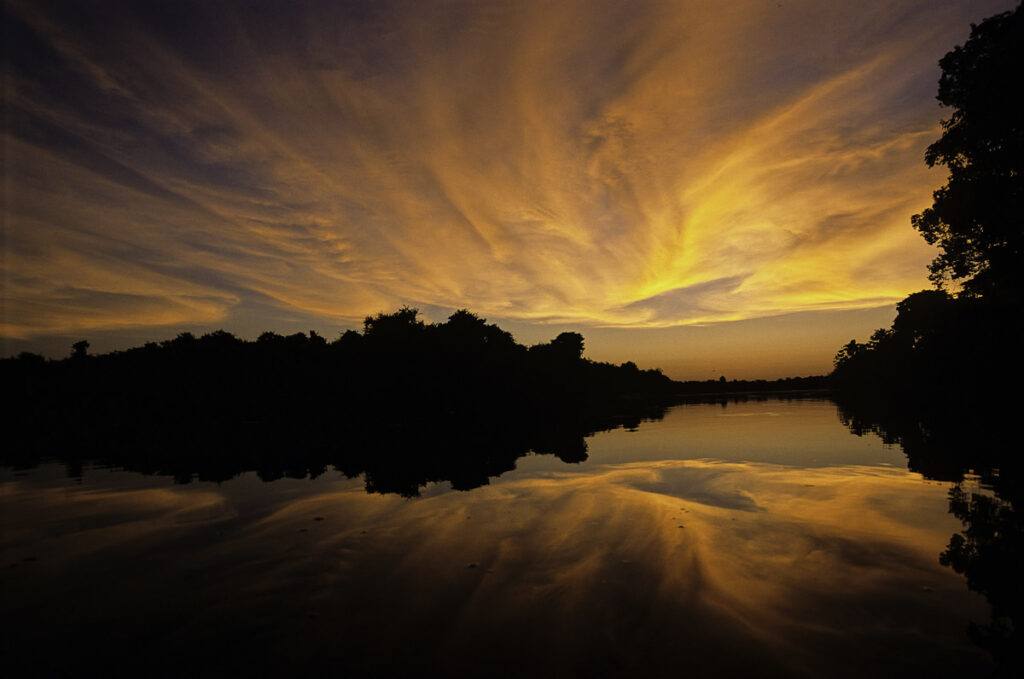
According to MTur, ecotourism refers to tourist activity that uses natural and cultural heritage sustainably, encourages their conservation, and aims to foster environmental awareness through the interpretation of the environment, promoting the well-being of populations.
Recently, Brazil was named the best ecotourism destination in the world by Forbes! A source of great pride for us. Our Ecotourism Index Score was 94.9/100.
“Around 30% of Brazil’s landmass is currently protected. This includes eight UNESCO Natural World Heritage Sites, one of which is the Central Amazon Conservation complex, which protects threatened species such as the Amazonian manatee and the black caiman”, says a section of the article, which also provides detailed information about the evaluation methodology. It’s definitely worth a read!
Adventure Tourism

Adventure Tourism, according to the Adventure Travel Trade Association (ATTA), “is a tourist activity that includes physical activity, cultural exchange, or activities in nature.” Among the most sought-after adventure tourism practices here at Gondwana are trekking, rafting, and snorkeling, for example, but there are many possibilities, especially in Brazil, due to its vast natural beauty.
You can check out the complete list of activities on the website of the Brazilian Association of Ecotourism and Adventure Tourism Companies (ABETA), of which we are a part.
Responsible Tourism
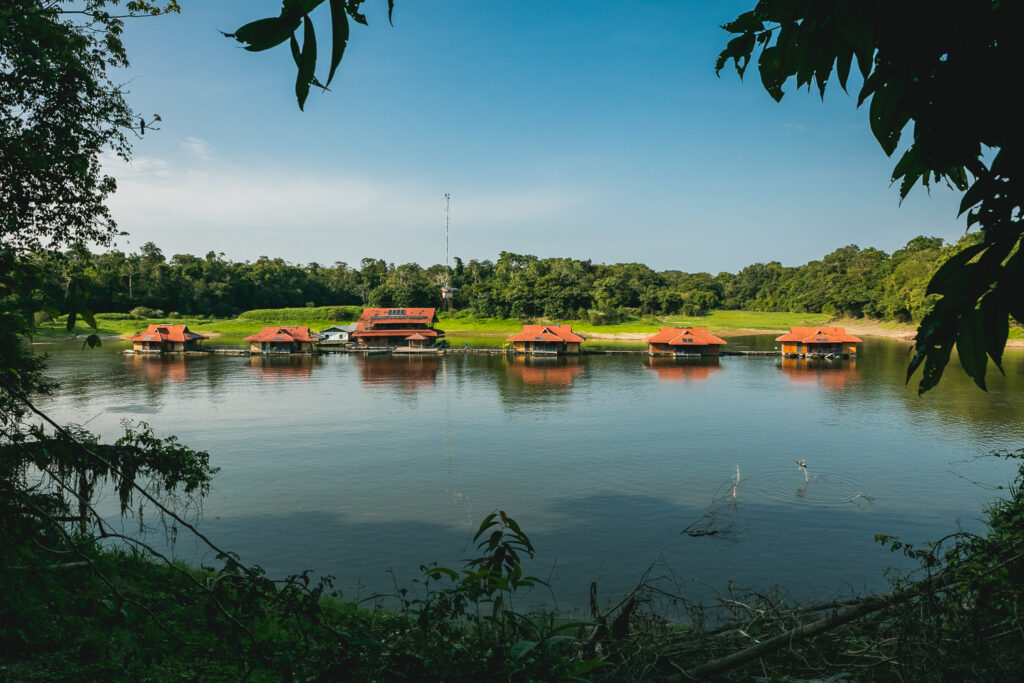
According to the Brazilian government, Responsible Tourism seeks to act within the principles of ethics and socio-environmental responsibility and is based on the understanding and promotion of ethical values common to humanity, in a spirit of tolerance and respect for the diversity of religious, philosophical, and moral beliefs.
Sustainable Tourism
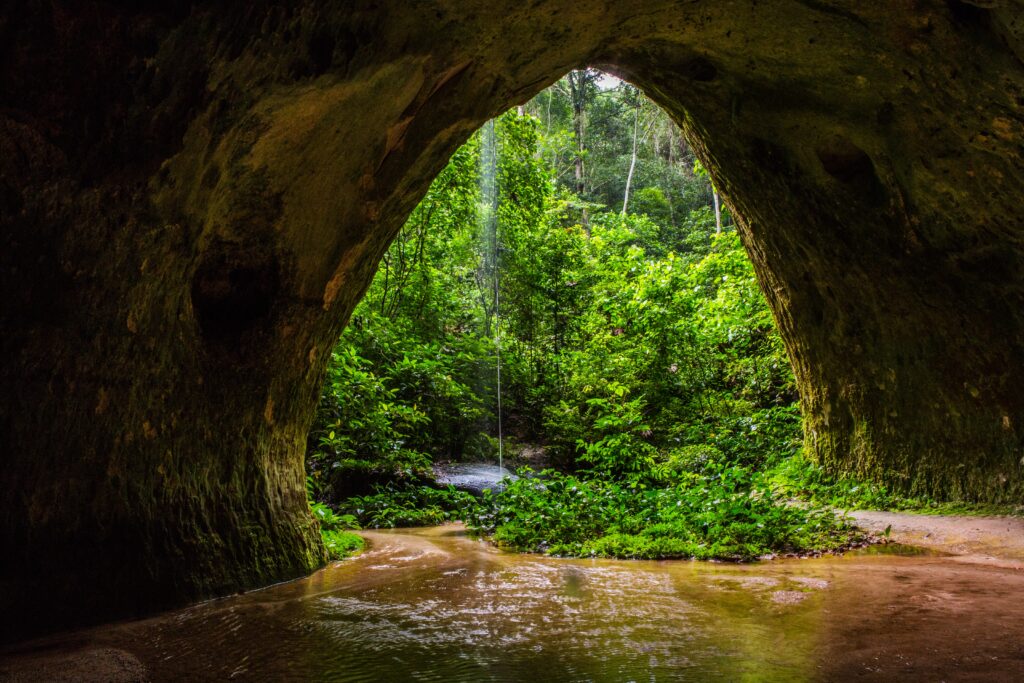
And we truly believe that tourism only makes sense in this way: if it benefits everyone involved, including nature.
Cultural Tourism
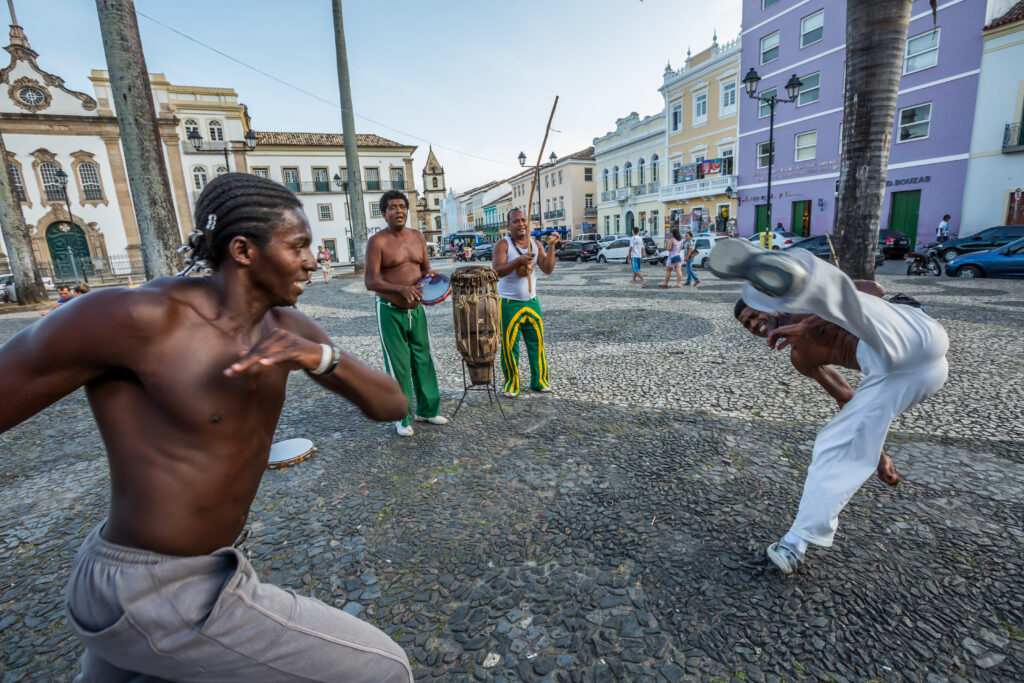
Community-Based Tourism
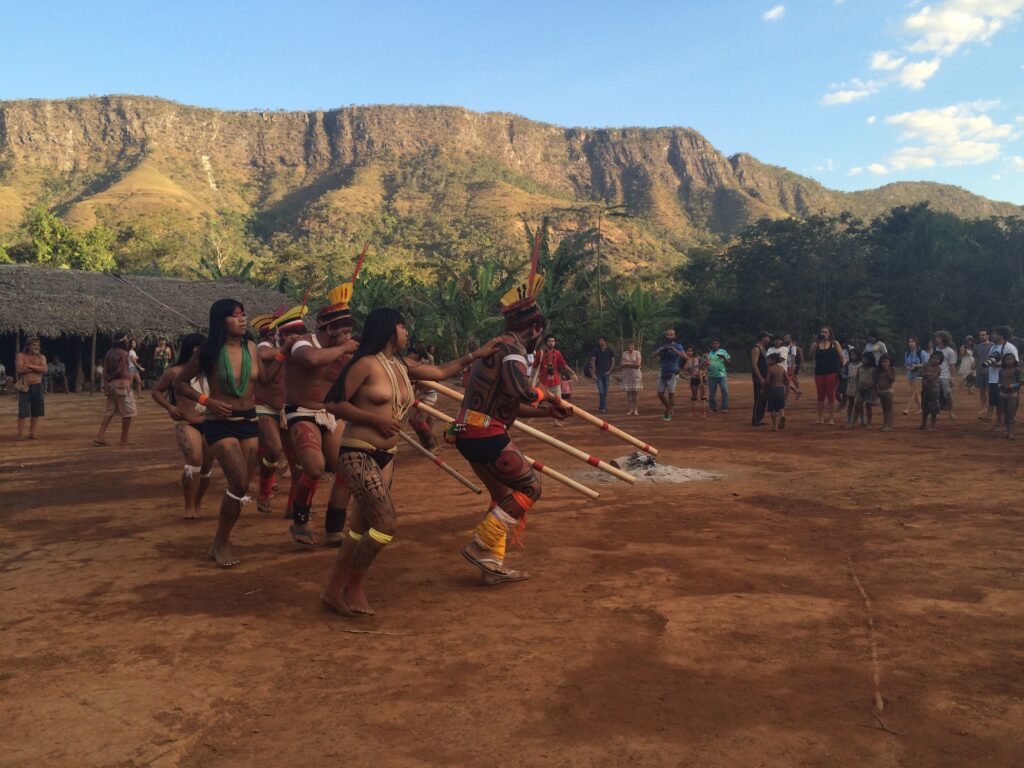
According to responsibletravel.com, “community-based tourism is tourism in which local residents (often rural, poor, and economically marginalized) invite tourists to visit their communities with the provision of overnight accommodation. The residents earn income as land managers, entrepreneurs, service and produce providers, and employees. At least part of the tourist income is set aside for projects that provide benefits to the community as a whole.”
Final Note: Indigenous communities are among the 28 recognized traditional communities in Brazil, which also include caiçaras, extractivists, quilombolas, ribeirinhos communities, and other groups. Therefore, ethno-tourism is also a part of Community-Based Tourism.
In Brazil, indigenous communities have autonomy to develop tourism projects in their territories, with the government’s role being to monitor and regulate activities in these villages. All initiatives are regulated by Normative Instruction No. 3 of the National Indian Foundation (Funai). Visits are scheduled with the representatives of the communities or authorized tourism agencies.
It’s a true immersion into the life experiences of these people, which in addition to everything else, helps them continue to exist and survive with dignity.
We hope that these definitions have given you a better understanding of our reality and what we believe in.
Are you interested in providing these incredible experiences to your clients? Contact us to learn more about our exclusive itineraries that combine two or more of the types of tourism mentioned here.

